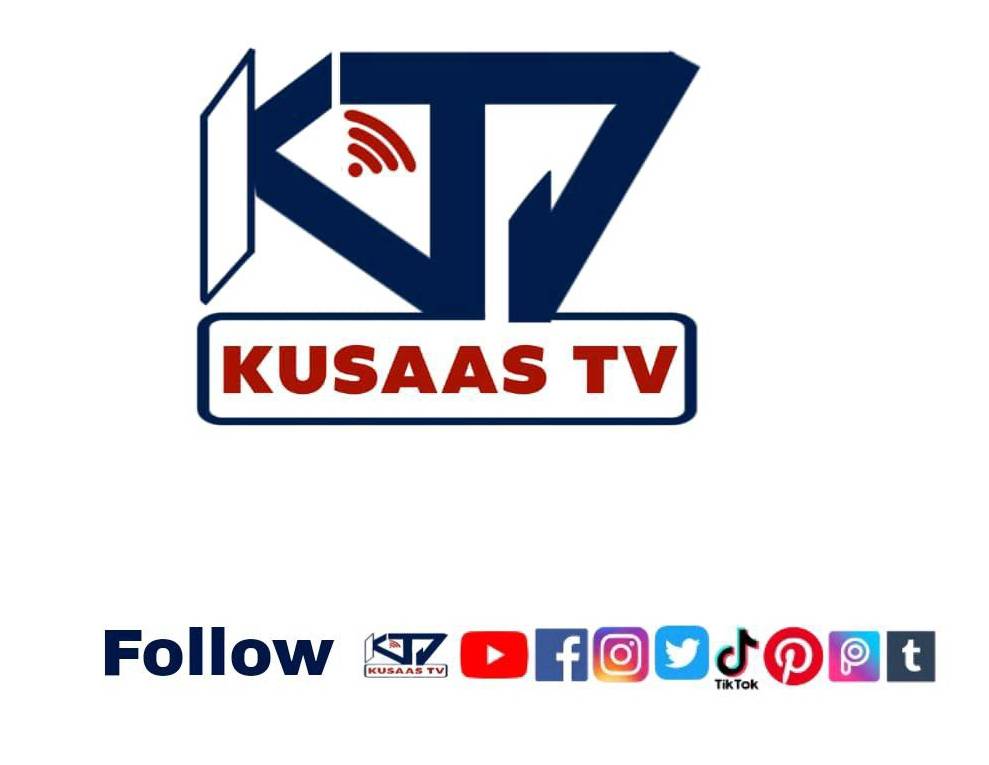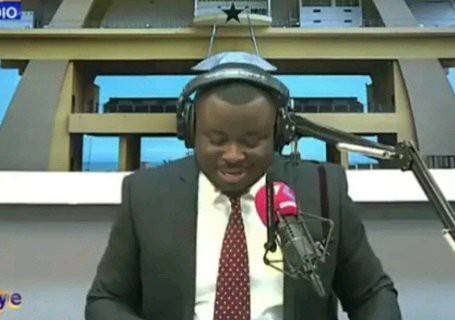In Ghana, a big debate has erupted over who has the right to tell the media what to do during elections. Kwame Appiah Kubi, a journalist with Kessben Media, is raising serious concerns about how the Electoral Commission (EC) is handling things. He’s asking tough questions, and his arguments are making waves across the nation.
The EC recently announced that it will decide which media outlets are allowed to report on elections, claiming that only “credible†media should have this responsibility. But this move has sparked outrage, with many asking, “Who gave the EC the power to make such rules?†Even the Speaker of Parliament has joined the conversation, challenging the EC directly.
The Speaker’s bold words resonate with many Ghanaians. “Who are you to decide which media outlets are credible for covering our elections?†he asked. “What criteria are you using to make these decisions?†His questions aren’t just aimed at the EC’s actions; they also point to a larger issue of transparency.
The Speaker didn’t stop there. He criticized the EC for not being open about how it makes decisions and for ignoring its own past mistakes. “In your first election, there were many problems,†he reminded them. “This is your chance to win back the trust of the people, but instead, you’re creating more confusion.â€
The role of the media in elections is crucial. It’s their job to report the truth, ask tough questions, and make sure everyone knows what’s going on. Limiting their ability to do so raises serious concerns about democracy in Ghana. A free press is not just important; it’s essential for fair and peaceful elections.
The Speaker also took a swipe at the National Peace Council, an organization tasked with promoting harmony and understanding in Ghana. “Why are you silent while all this chaos unfolds?†he asked. “You invite political parties to sign peace agreements, but when it comes to the EC’s controversial actions, you say nothing.â€
This silence is worrying to many. Ghanaians rely on institutions like the Peace Council to step in during difficult times, to mediate and ensure that everyone plays by the rules. When these bodies remain quiet, it leaves people wondering whether they are truly impartial.
Another major point raised by the Speaker was the lack of trust in the EC’s leadership. He singled out its chairperson, Jean Mensah, and deputy chairperson, Bossman Asare. “Do you really think Ghanaians trust you?†he asked. “Because they don’t. Whether it’s the ruling party or the opposition, there is a lack of confidence in your ability to oversee free and fair elections.â€
This distrust is dangerous for democracy. The EC is supposed to be an impartial referee, ensuring that elections are conducted fairly. When people doubt its neutrality, the entire electoral process is put at risk.
The Speaker’s words highlight a growing frustration among Ghanaians. They want a fair system where everyone gets a voice, and the media plays a huge part in that. When the EC tries to control the media, it raises red flags. What’s to stop them from using this power to silence critics or hide important information?
Kwame Appiah Kubi’s concerns echo this sentiment. He warns that restricting the media’s role could lead to more problems than solutions. “The only way to protect and maintain peace in our country is to let the media report freely,†he said.
His words ring true. Elections are a critical time for any nation. They determine the future leaders and the direction of the country. Without a free press, people can’t make informed decisions, and that’s a big problem.
The Speaker’s reminder of the EC’s past mistakes is also an important one. In the first election they oversaw, there were significant issues. People hoped the EC would learn from these mistakes and do better next time. But instead, it seems they are creating new problems.
This is a crucial moment for Ghana. The EC must take steps to regain the trust of the people. That starts with being open and transparent about their decisions. They must work with the media, not against them, to ensure that the truth is told and that every voice is heard.
The National Peace Council also has a role to play. They can’t afford to remain silent when there are questions about the fairness of the electoral process. Their job is to step in, mediate, and ensure that the peace is maintained.
As Ghana moves closer to its next election, all eyes are on the EC. Will they listen to the concerns of the people, the media, and institutions like Parliament? Or will they continue down a path that many feel is damaging to democracy?
For now, one thing is clear: Ghanaians are watching, and they will not stay silent. They know the value of a free press, and they will fight to protect it. After all, democracy thrives when the truth is told, and that truth often comes from the courageous work of journalists.




No comments yet
Be the first to share your thoughts!